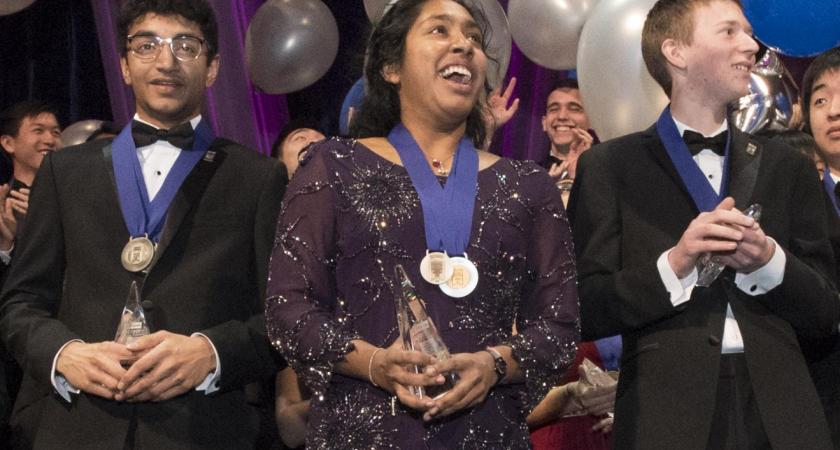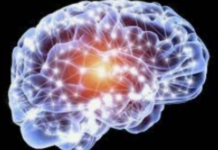
Washington–Indian-American teenager, Indrani Das, won the top, $250,000 prize in the prestigious Regeneron Science Talent Search competition for her research on treating brain injuries and diseases.
Another Indian-American, Arjun Ramani, took the third place, which carries a prize of $150,000, for his project on networks using mathematical field of graph theory and computer programming.
It is the oldest US science competition for students and is now sponsored by the medical company, Regeneron, in association with the Society for Science and the Public (SSP).

Nicknamed the “Junior Nobel Prize”, it was originally sponsored by Westinghouse in 1942 and Intel took it up from 1998 till last year. Twelve of the contest alumni have won Nobel Prizes.
Archana Verma took the fifth place award of $90,000 for research that could lead to the development of windows that could produce solar power; Prathik Naidu received the seventh place award for a software to study human genomes and cancer, and Vrinda Madan got the ninth place award of $50,000 for her study of medications for malaria.
Eight other Indian-origin students were among the 40 finalists, each of whom received prizes of $25,000.
SSP President Maya Ajmera said the finalists “are all poised to become our future scientific leaders”.
More that 1,700 students took part in the contest.
Das’s research showed a way for increasing the survival rate of neurons affected by brain injury or neurodegenerative disease.
Madan’s research is of more immediate interest to India, where a 2015 World Health Organisation estimate said that ther were 13 million cases of malaria.
She studied 24 compounds malaria treatment and identified two that “appear to target the disease-causing organism in a novel way,” SSP added. (IANS)















